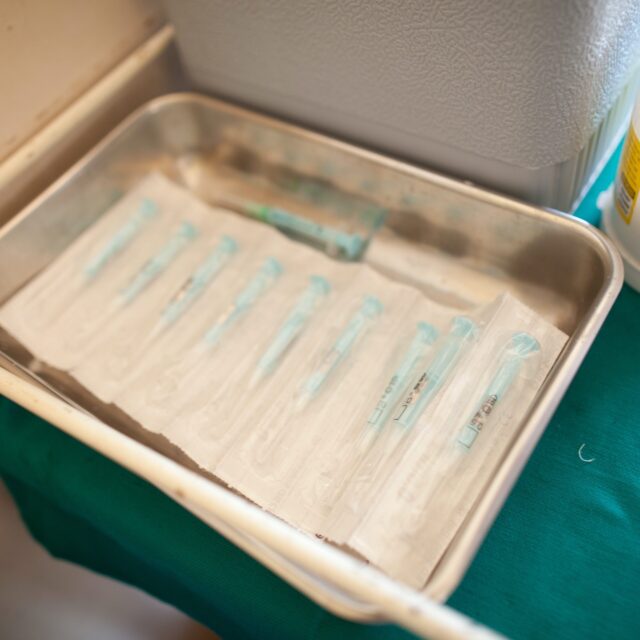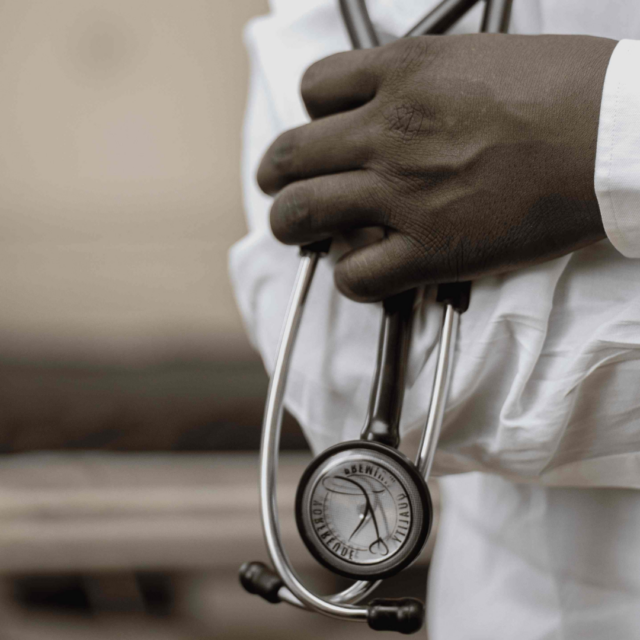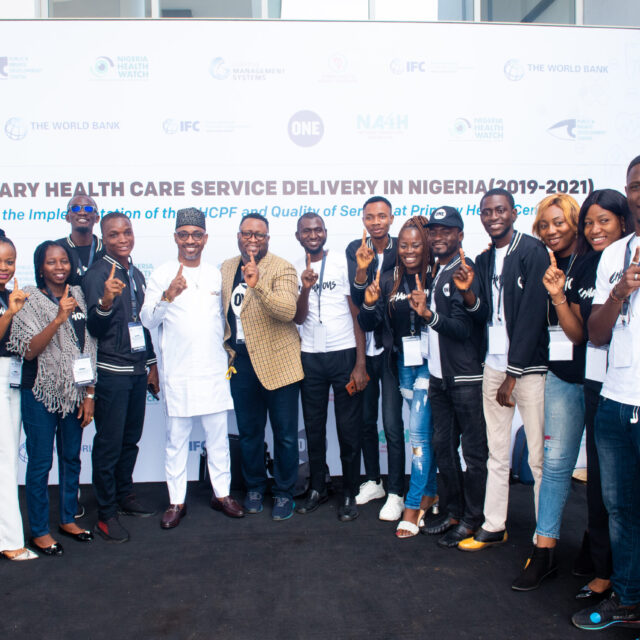Rasna Warah is a Kenyan writer and journalist who is working with the ONE Campaign’s COVID-19 Aftershocks project.
African governments have been urging rich countries to make COVID-19 vaccines more accessible to their citizens. But some countries on the continent are either returning the vaccines or destroying them, a scenario that indicates significant weaknesses in both the supply and demand side of mass vaccination programmes. Vaccines are going to waste in some African countries because there isn’t sufficient uptake; in others, the vaccines cannot be used because they have expired.
Last month, for example, Malawi incinerated 19,610 expired doses of the AstraZeneca vaccine to assure Malawians that the government was not using unsafe vaccines. Uptake of COVID-19 vaccines has been generally low in Malawi. Of the 102,000 vaccine doses that the country received from the African Union’s Africa Vaccination Acquisition Task Team in March, only 80% were used.
Similarly, South Sudan recently announced that it would be destroying 60,000 doses of the vaccine because it was unable to use them before the expiry date of 13 April. Dr. Anthony Garang, leader of the South Sudan Doctor’s Union, attributes the low uptake to misinformation. “People were misinformed by social media and unreliable sources,” he explained.
South Sudan, Africa’s youngest country, also has infrastructure and human resource deficits that it has been unable to fill due to prolonged conflicts, which have severely impacted the country’s ability to roll out the vaccine. It simply does not have sufficient health facilities and trained healthcare workers who can administer the vaccine safely.
The Democratic Republic of the Congo (DRC), another conflict-ridden but resource-rich country, has also announced that it cannot use most of the 1.7 million doses of the AstraZeneca vaccine it received under the COVAX scheme, which are set to expire on 24 June. The unused vaccines are now being sent to Ghana, Togo, the Central African Republic, Angola, and Madagascar. Low uptake of the vaccine in DRC, with a population of 90 million, has been attributed to the country’s weak health systems and poor transport networks, which have hampered distribution in remote areas.
But reluctance to be vaccinated is also a roadblock in the DRC. A study commissioned by the African Centres for Disease Control (CDC) on COVID-19 perceptions in 15 African countries found that only 59% of respondents in the DRC were willing to be vaccinated for COVID-19.
Vaccine hesitancy has proved to be a particular challenge in many African countries, including among healthcare workers. In the Africa CDC survey, 20% of the respondents said that they would not get vaccinated. The study revealed that across most of the African countries surveyed, respondents tended to view COVID-19 vaccines as less safe than other vaccines. In addition, more than half of the respondents felt that the threat from the coronavirus was exaggerated and that it did not pose a significant health risk.
Another challenge in most African countries is scaling up vaccination levels within a very short period. The AstraZeneca vaccine that is being rolled out under COVAX has a shelf life of just six months, which means it has to be administered quickly. While mass vaccination programmes, such as those for polio, have generally been successful in many African countries, the urgency and nature of the current pandemic have left many African governments unprepared. John Nkengasong, head of the Africa CDC, compares it to building a ship while riding it at the same time.
At ONE, we’ve been sounding the alarm on the astoundingly unequal vaccine rollout that has seen 84.3% of vaccines go to upper-middle- and high-income countries, while just 0.4% go to the world’s poorest. Access to vaccines, scaling up, and speed are key to any successful mass COVID-19 vaccination programme in Africa. However, even if vaccines are made widely available, African countries still face infrastructure and public perception challenges that will need to be overcome for national roll-out plans to be effective.
Stay Informed
For more on the health, economic, and social impacts of COVID-19 in Africa, check out ONE’s Africa COVID-19 Tracker. It pulls together the latest real-time data from global institutions, governments, and universities about the impacts of the pandemic for the continent and for every African country. For more insights and analysis, sign up for our Aftershocks newsletter and follow us @ONEAftershocks.



